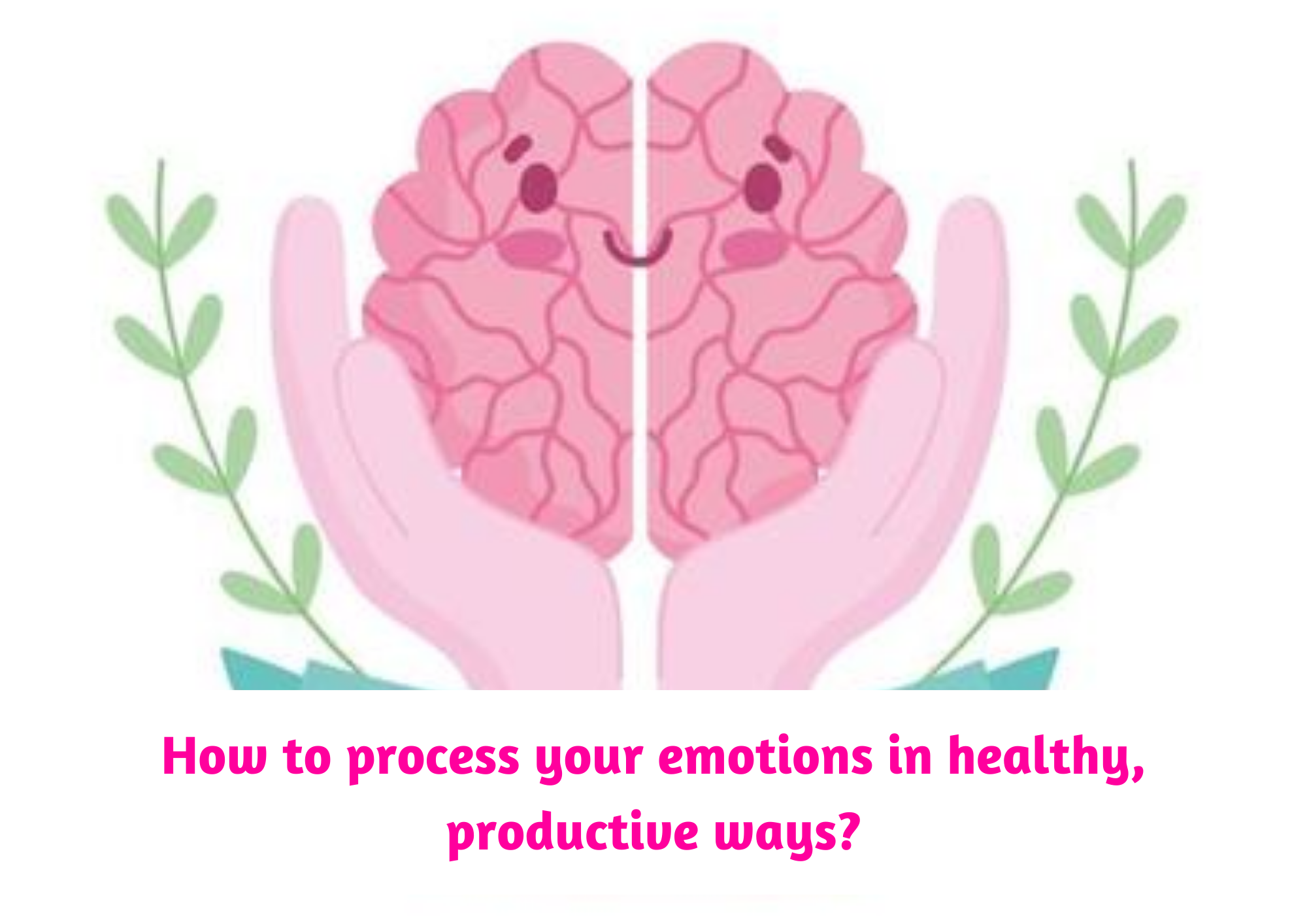
How to process your emotions in healthy, productive ways?
Emotions are the unseen currents that flow through our lives, shaping our thoughts, driving our actions, and molding our relationships. Emotions paint our experiences with shades of triumph and moments of despair, molding how we view the world around us. Yet, navigating this emotional landscape is not always straightforward. By understanding the nuances of our feelings, identifying their sources, and cultivating effective coping strategies, we can harness the power of emotions to enrich our lives. This guide explores practical steps and insights to help you master the art of emotional processing, fostering resilience and inner peace in the face of life’s challenges.

Source: Toast Life
Understanding Emotions
Acknowledging and comprehending these emotions marks the initial step towards effectively managing them in a constructive and healthy manner. Each emotion carries valuable information about our inner state, alerting us to our needs, desires, and concerns.
Furthermore, understanding emotions involves grasping their contextual triggers and underlying causes. Emotions often arise in response to specific events, memories, or ongoing situations. By delving into the roots of our emotional experiences, we gain insights into why we feel as we do. This journey deepens our self-awareness and empowers us to handle our emotions with greater thoughtfulness and proactive care.
Steps to Process Emotions Effectively
1. Recognize and Accept Your Emotions

Source: Harvard Business Review
Start by identifying and labeling what you’re feeling—whether it’s happiness, frustration, or anxiety. This simple act can initiate understanding and management. Embrace your emotions without judgment; they are natural responses to life’s challenges, and suppressing them can cause emotional buildup and stress.
2. Understanding and Expressing Emotions

Source: Counselling Directory
When facing strong emotions, it’s essential to delve into their root causes. Whether triggered by a specific event, memory, or ongoing situation, understanding these origins offers clarity and informs your next steps. Equally important is expressing these emotions constructively; whether through heartfelt conversations with trusted confidants or therapists, creative pursuits like painting or music, journaling, or engaging in physical activities such as exercise, finding healthy outlets ensures emotions are processed in a balanced and beneficial manner.
4. Seek Support and Set Boundaries for Emotional Well-being

Source: We Work Remotely
Talking to someone who listens without judgment can offer validation and fresh insights into your emotions. Additionally, Develop the ability to say no when essential to protect your emotional well-being.. This might include setting limits on exposure to stressful environments or toxic relationships, empowering you to prioritize your well-being and emotional balance.
5. Reflect, Learn, and Practice Self-Compassion

Source: Training Industry
After experiencing intense emotions, take time for introspection. Reflect on what you’ve learned about yourself and your triggers, using this insight to develop healthier coping strategies. Be compassionate towards yourself; acknowledge that emotions are a natural part of being human, and processing them requires patience and effort. Be kind to yourself just like you would be to someone you care about. This helps to build a positive inner voice that supports your emotional health and strength.
Challenges in Emotion Processing
When emotions are avoided, it can lead to a buildup that manifests as emotional numbness or sudden, intense outbursts. It’s equally important to maintain perspective and avoid becoming excessively absorbed in negative emotions, as this can distort our perception of reality and impair our ability to solve problems effectively. Developing emotional literacy through regular practice and introspection plays a pivotal role in recognizing and articulating our feelings accurately.This encourages better emotional management and equips us to face life’s difficulties with enhanced strength and insight. By embracing our emotions with mindfulness and seeking support when needed, we cultivate a deeper understanding of ourselves and foster more meaningful connections with others.
Processing emotions in healthy and productive ways is not merely a task but a learned skill that evolves with time, practice, and deep self-awareness. When we actively acknowledge our emotions, accepting them without judgment, we pave the way for profound personal growth. Understanding why we feel a certain way allows us to respond rather than react impulsively, fostering resilience in the face of life’s inevitable challenges.
Moreover, this introspective approach extends beyond personal development; it enriches our relationships with others. By acknowledging and valuing our own emotions, we enhance our ability to empathize with and understand the emotions of others. Each moment invested in understanding and processing our emotions contributes to a stronger, more resilient self. Remember, your emotional well-being matters deeply—take the time to tend to it with compassion and dedication.





